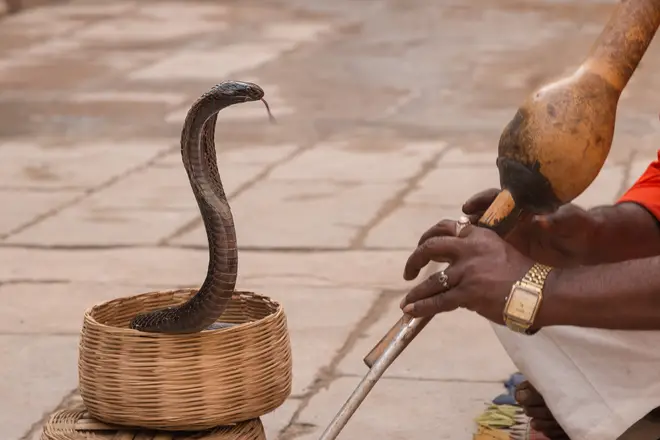On Air Now
Classic FM Breakfast with Aled Jones 6:30am - 9am
16 October 2019, 13:54 | Updated: 16 October 2019, 14:03

Soothing flute music can improve the development of premature babies’ brains, Swiss researchers have found.
Specially composed music, in particular played on an Indian snake charmer’s flute, can help boost premature babies’ brains, according to a new study in Switzerland.
Around one per cent of babies are born “very prematurely” – meaning before the 32nd week of pregnancy – in the UK, as in Switzerland.
The majority survive thanks to recent advances in neonatal medicine, but premature babies are still at high risk of developing learning or attention difficulties and other neuropsychological disorders.
Experts say their brains struggle to develop as fully in intensive care as they do in the mother’s womb, in particular due to stressful and noisy hospital environments with alarms and banging doors.

Researchers from the University of Geneva (UNIGE) and University Hospitals (HUG) investigated the idea that music can act as a soothing medicine for fragile new-borns.
“Luckily, we met the composer Andreas Vollenweider, who had already conducted musical projects with fragile populations and who showed great interest in creating music suitable for premature children,” said Professor Petra Hüppi, who directed the study.
To find the most suitable music for the babies, Vollenweider played a variety of instruments to the young patients, in the presence of a nurse specialised in developmental support care.
“The instrument that generated the most reactions was the Indian snake charmers’ flute (the pungi),” said Lara Lordier, a researcher at the HUG and UNIGE. “Very agitated children calmed down almost instantly – their attention was drawn to the music!”
Following the test, Vollenweider wrote three sound environments of eight minutes each, for pungi, harp and bells.
Read more: Mozart better than Bach for premature babies, says research >

Using functional magnetic resonance imaging (fMRI), researchers found that babies who listened to music had improved brain development compared to those that didn’t.
The first set of results, published in the American journal Proceedings of the National Academy of Sciences (PNAS), showed that the babies had notably increased connectivity in brain circuity involving the ‘salience network’, which recognises information and organises it according to importance for learning, cognitive tasks and social behaviour.
As the first children tested are now six years old – the age doctors can first detect cognitive problems – researchers plan to meet the young patients again soon to find out whether the benefits of the flute playing are still evident.